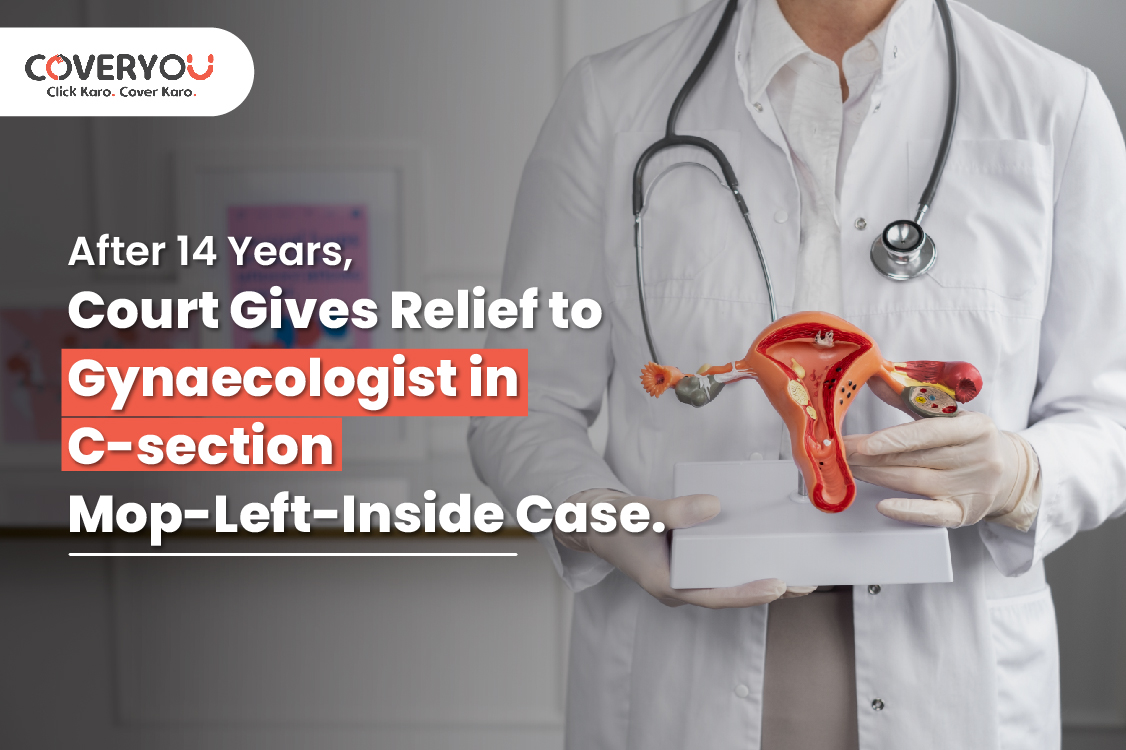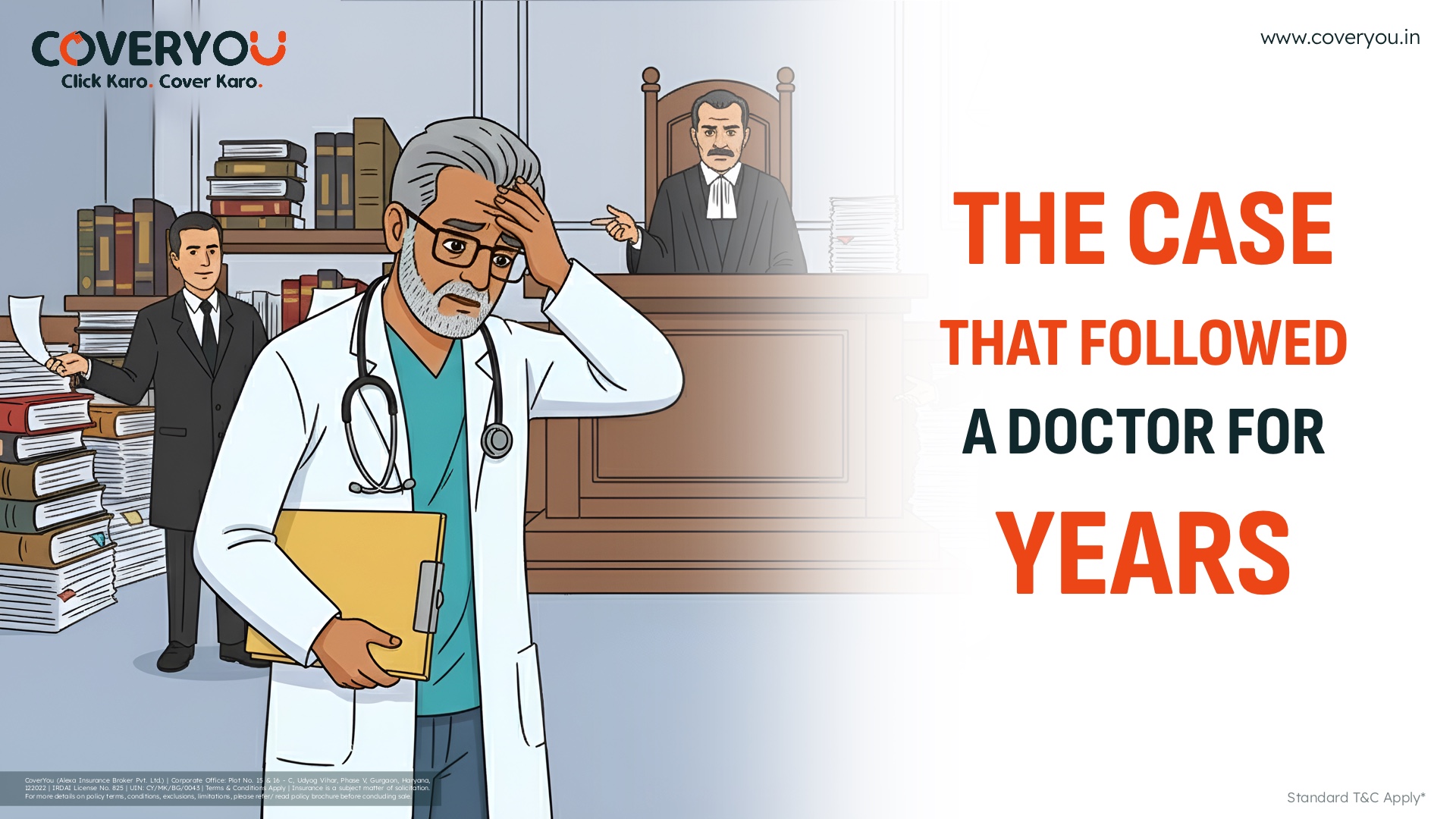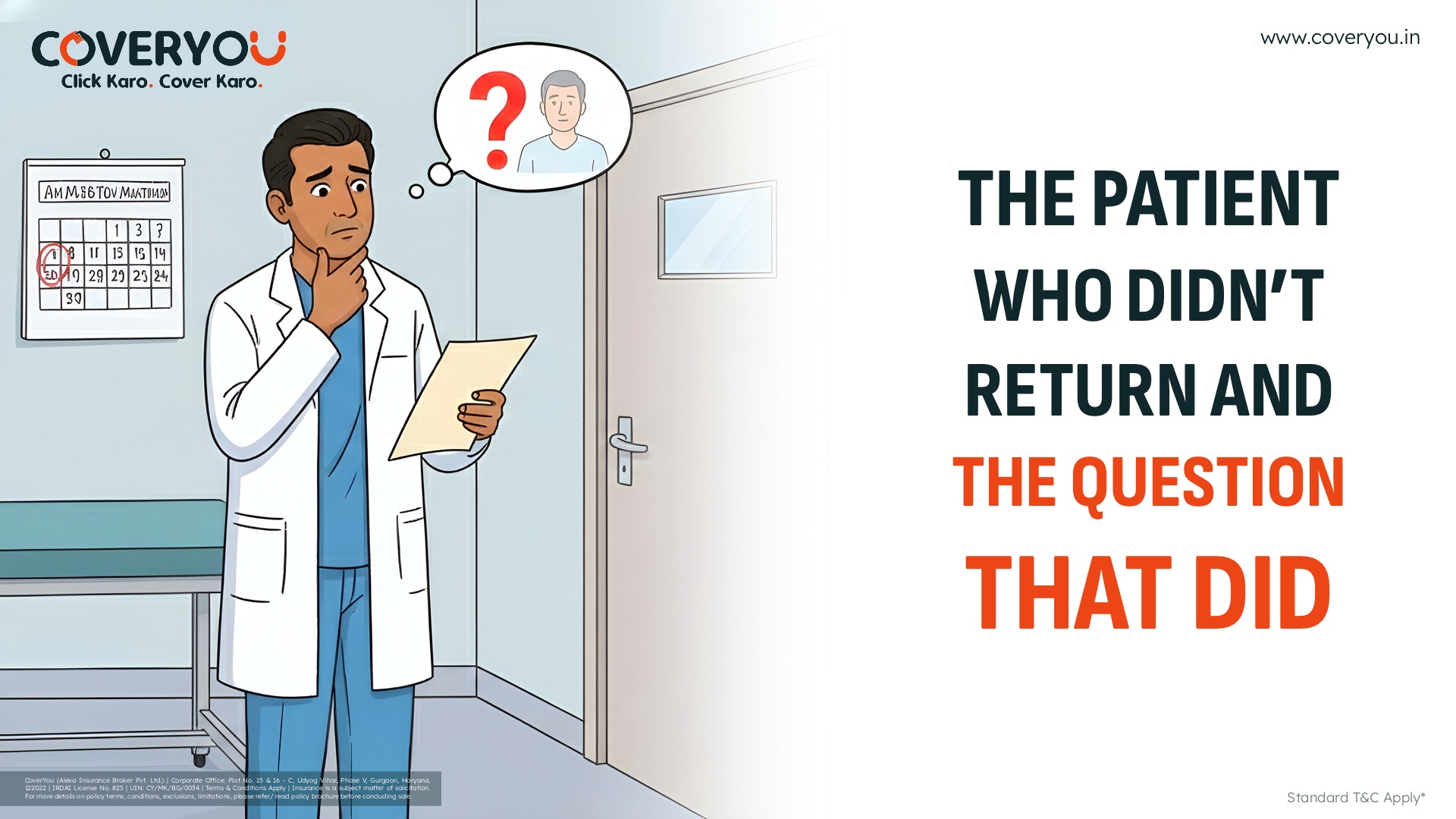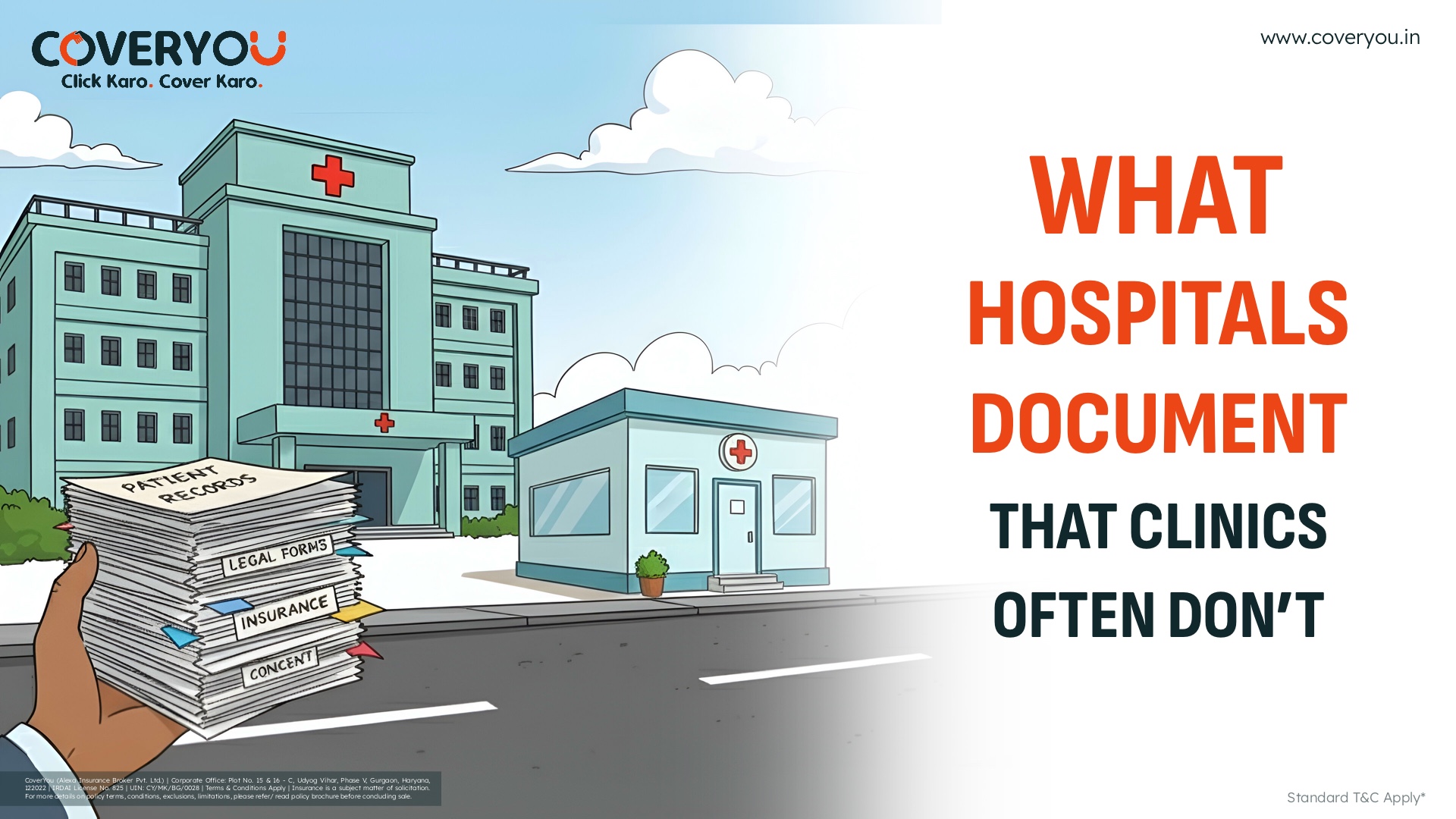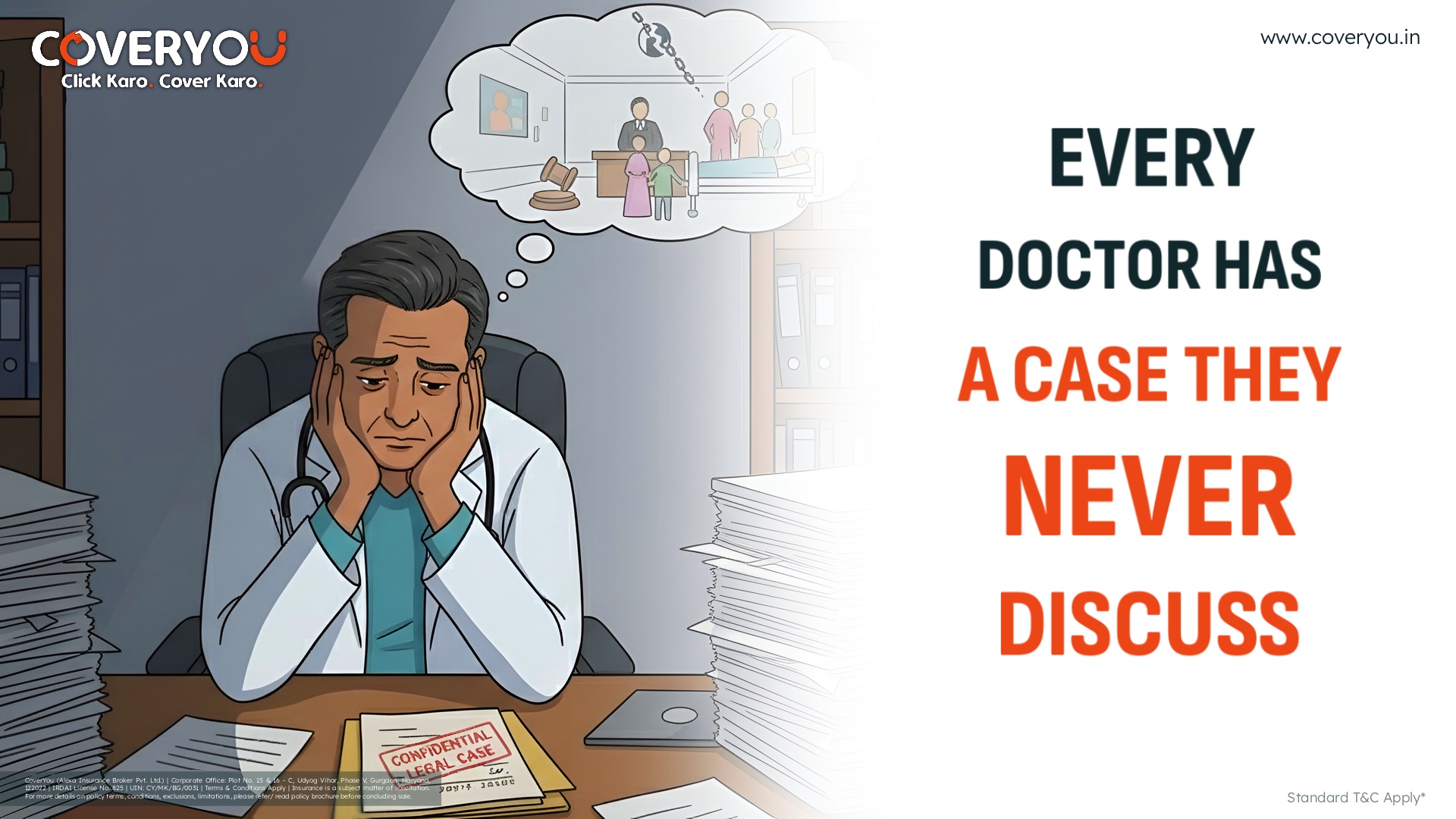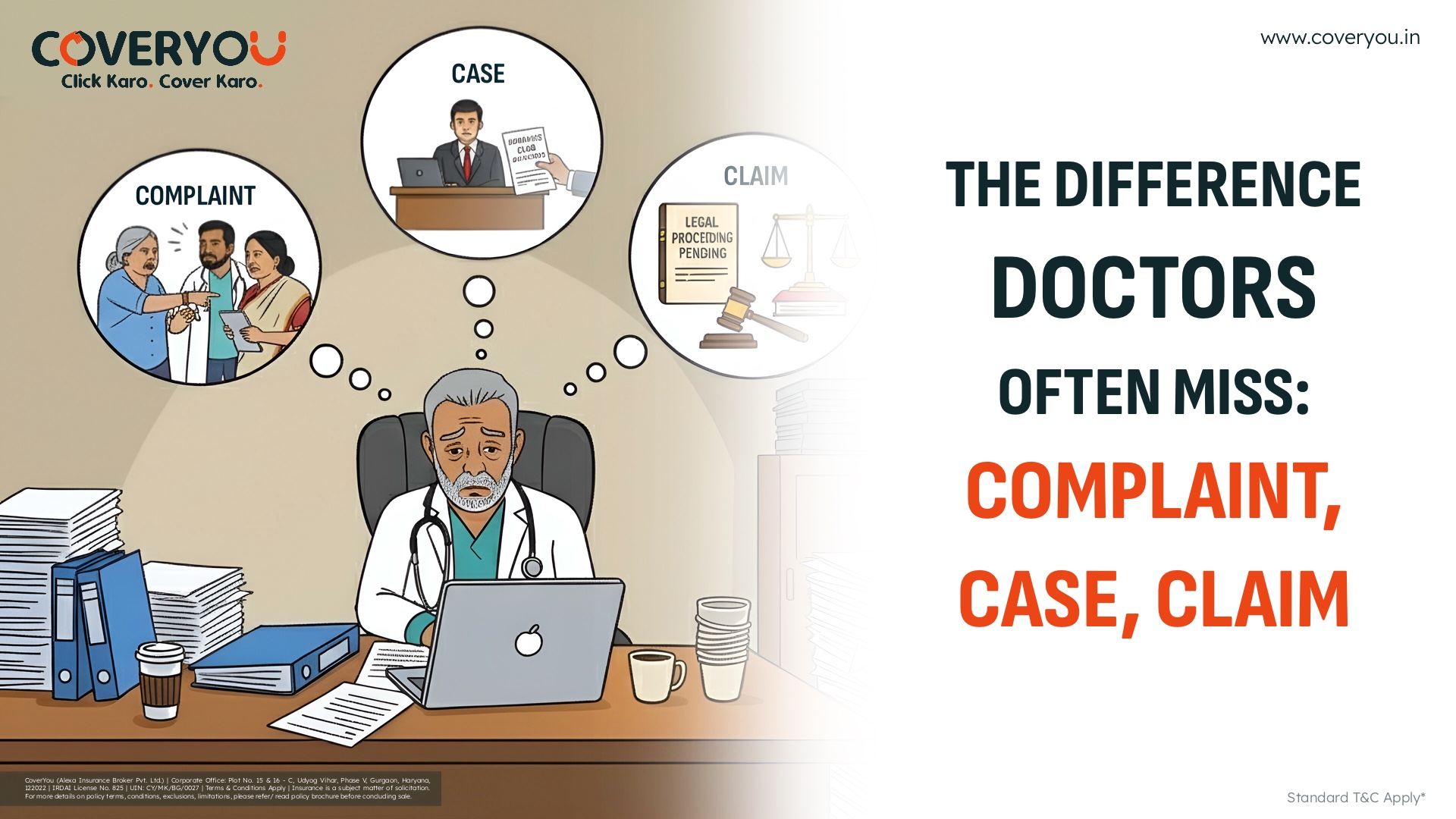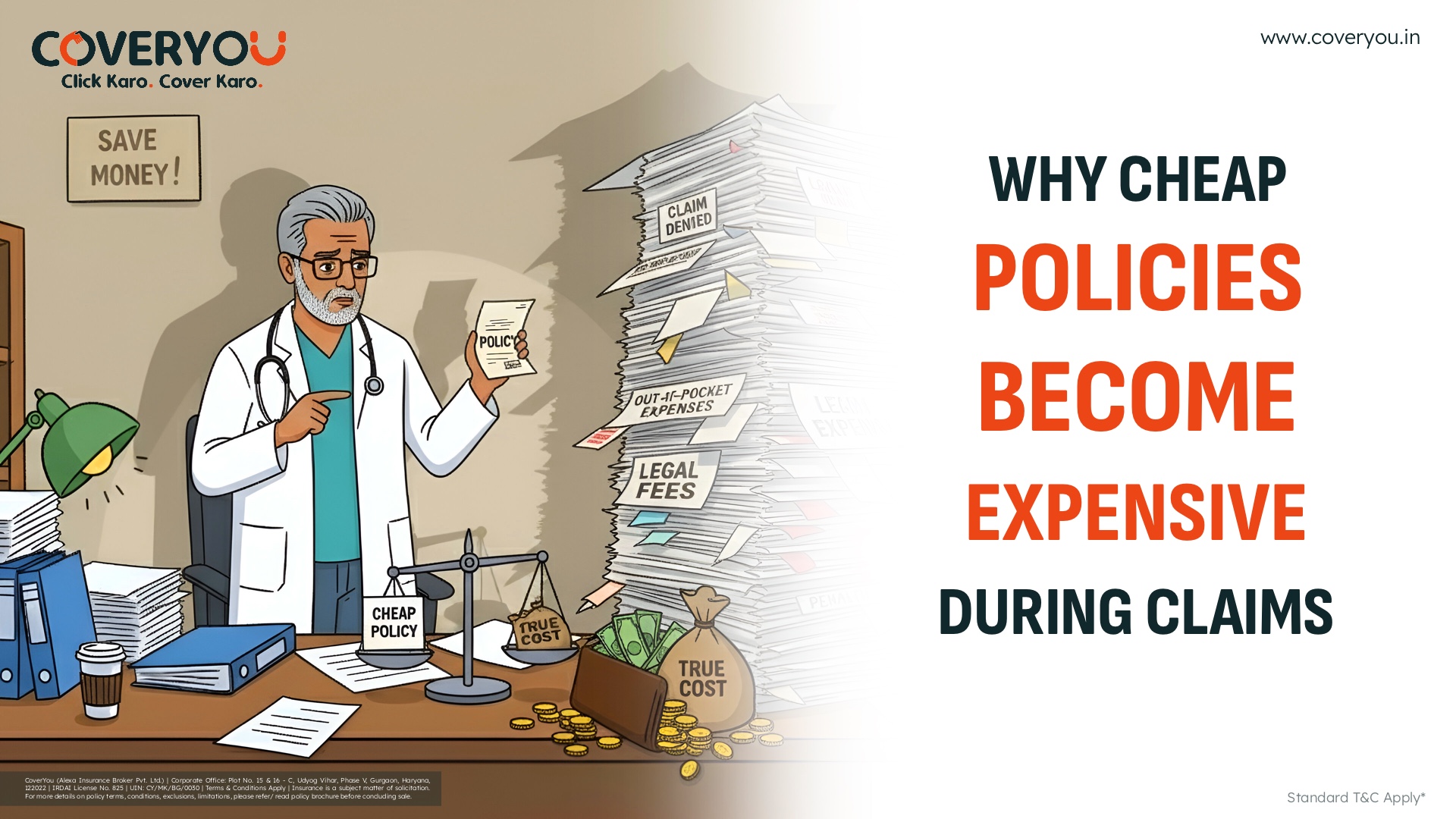1. The Incident
- Year of Incident: November, 2010
- Date of incident discovery: June 23, 2011.
- A surgical mop soaked in fecal matter was found and removed from the patient’s private part.
- The patient had previously undergone two cesarean operations.
- Due to complications from the mop, she underwent multiple surgeries, including a transverse loop colostomy.
2. Legal Complaints & Investigations
- The patient’s husband filed a police complaint and FIR alleging medical negligence.
- The Chief Medical Officer (CMO) and District Magistrate ordered medical board inquiries.
- Both inquiries did not find clear evidence of negligence.
- They pointed out that the mop found differed in size and shape from the ones used by the hospital.
3. Action by Medical Council
- Despite inconclusive inquiries, the patient complained to the Uttar Pradesh Medical Council (UPMC).
- UPMC suspended the doctor’s license for six months starting May 1, 2013.
- The doctor challenged this but her writ petition was dismissed by the High Court.
4. Compensation Ordered
a. The patient filed a case with the State Commission demanding compensation.
b. The Commission ruled in the patient’s favor:
i. ₹50 lakhs for negligence
ii. ₹3.9 lakhs for medical expenses
iii. ₹84,000 for mental agony
iv. ₹1 lakh for legal costs
v. Failure to pay within 30 days would increase interest to 15% per year.
5. Appeals to National Consumer Commission (NCDRC)
Both sides appealed to the NCDRC:
- The doctor wanted the compensation order dismissed.
- The patient wanted the compensation increased.
Doctor’s Defense
- Argued that res ipsa loquitur (“the thing speaks for itself”) should not apply.
- Claimed:
i. No clear proof the mop was from her surgery.
ii. The patient had earlier surgeries and the mop could be from those.
iii. OT technician confirmed mop counts were correct post-surgery.
iv. The mop was destroyed, and not tested.
v. The patient didn’t cooperate with investigations.
Patient’s Side
- Argued that:
i. She suffered ongoing pain only after the second surgery.
ii. Medical literature supports awarding compensation for:
a. Pain and suffering
b. Loss of income
c. Future care and expenses
iii. Doctors had a duty to provide continuous care and failed.
6. Findings of the State Commission
- Found both doctor and hospital guilty of:
i. Medical negligence
ii. Deficiency in services
iii. Professional misconduct
- Applied the doctrine of res ipsa loquitur due to the facts of the case.
- Stated the hospital lacked basic/emergency facilities.
7. NCDRC Review & Final Stand
- The National Commission reviewed the evidence:
i. Found that civil liability was not clearly proven.
ii. Mop wasn’t preserved as evidence.
iii. No link established between the mop and doctor’s surgery.
iv. Previous surgeries created doubt. - Ethical misconduct was proven, but not enough to prove civil negligence.
- Referenced Jacob Mathew vs. State of Punjab, where:
i. Negligence must be based on breach of duty and actual harm.
ii. Res ipsa loquitur must be used cautiously in medical cases.
iii. Not all bad outcomes mean negligence.
- How the Doctor Suffered
- Faced a 6-month suspension from medical practice by UPMC.
- Lost professional credibility and income during this time.
- Legal battles dragged on for years, causing emotional and mental distress.
- Spent time and money fighting the case in the High Court, State Commission, and NCDRC.
- Despite two inquiry boards clearing her, the case continued due to the UPMC’s action.
- Appeal to the Medical Council of India was also dismissed.
- Suffered public scrutiny and professional damage, even before final judgment.
- Felt unfairly targeted, as conclusive medical proof was lacking.
- Claimed that her ethical punishment was wrongly treated as legal negligence, leading to unjust liability.
Case Reference:
